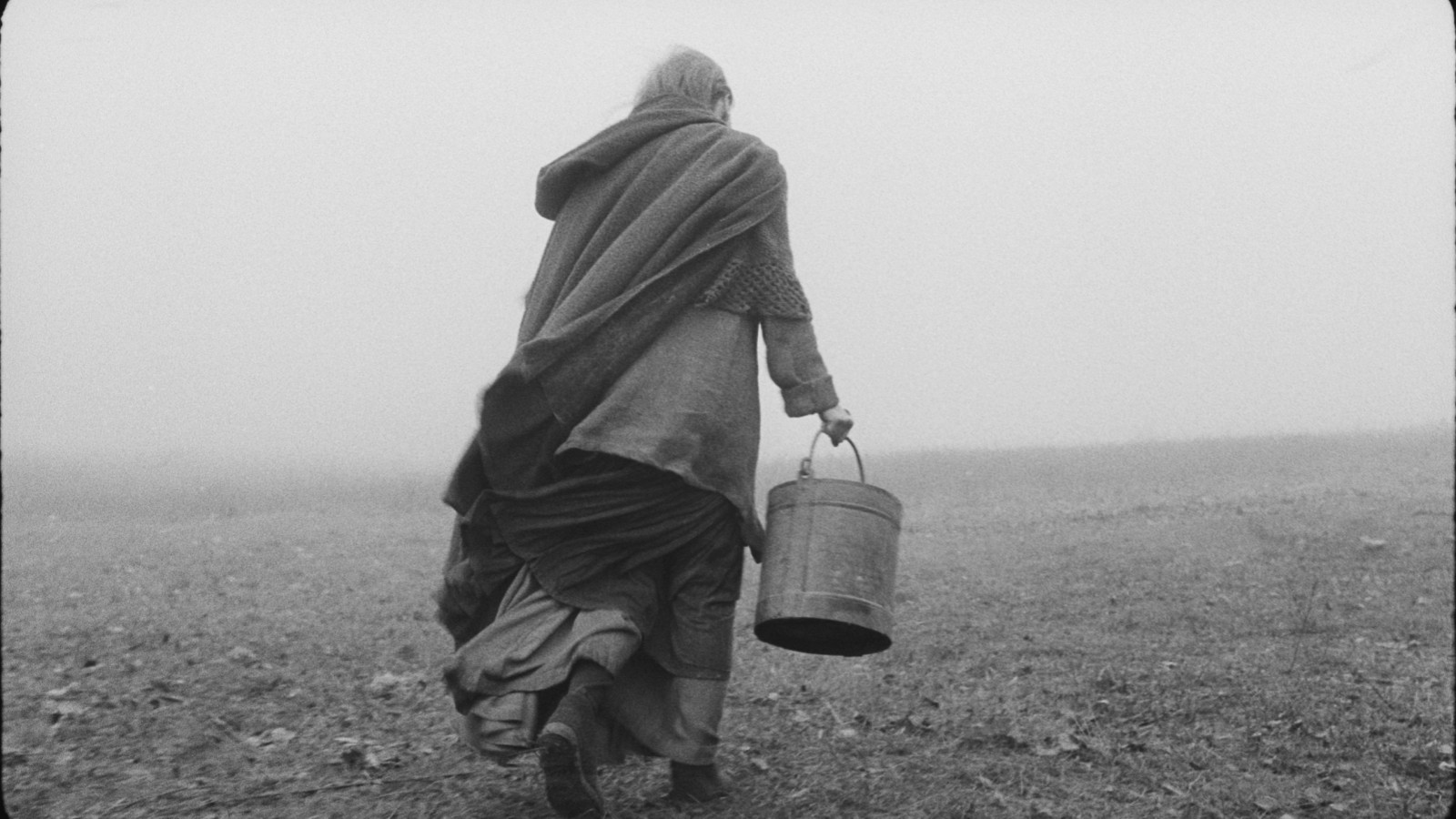A Torinói ló
The Turin Horse
In Turin in 1889, Friedrich Nietzsche flings his arms around an exhausted carriage horse, then loses consciousness and his mind. “Our film follows up this question: What did in fact happen to the horse? Ohlsdorfer, the carter, and his daughter live out their lives on their farmstead. They subsist on hard work: their only source of income is the horse and cart – that’s what they live on. The father takes on carting jobs, his daughter takes care of the household. It’s a very meagre life and infinitely monotonous. Their practiced movements and the changes in seasons and times of day dictate the rhythm and routine which is cruelly inflicted on them. The film portrays mortality, with that deep pain which we, who are under sentence of death, all feel.” (Béla Tarr)
Director's Biography
Béla Tarr, born 1955 in Pécs, Hungary. Tarr is an associate professor at the German Film and Television Academy Berlin. THE TURIN HORSE premiered at Berlinale 2011 and also won the Jury Grand Prix, Silver Bear. // Films (Selected): SÁTÁNTANGO (Satantango, 1990-94), WERCKMEISTER HARMONIÁK (Werckmeister Harmonies, 2000), A LONDINI FÉRFI (The Man from London, 2007), A TORINÓI LÓ (The Turin Horse, 2011) Ágnes Hranitzky graduated as an editor from the Budapest University of Theatre and Cinema in 1972. She has been Béla Tarr’s permanent associate since 1978.
European Panorama Fiction 2012
Béla Tarr, Ágnes Hranitzky
Hungary / France / Switzerland / Germany 2011
black and white
146 minutes
OV with English subtitles
Screenplay Béla Tarr, László Krasznahorkai
Cinematography Fred Kelemen
Editing Ágnes Hranitzky
Sound/Sounddesign Gábor Erdélyi jr
Music Mihály Víg
With Erika Bók, János Derzsi, Mihály Kormos, Ricsi
Production
T.T. Filmmühely Rona Utca 174 1145 Budapest Hungary T +36 1 251 99 69 ttfilmmuhely@t-online.hu

